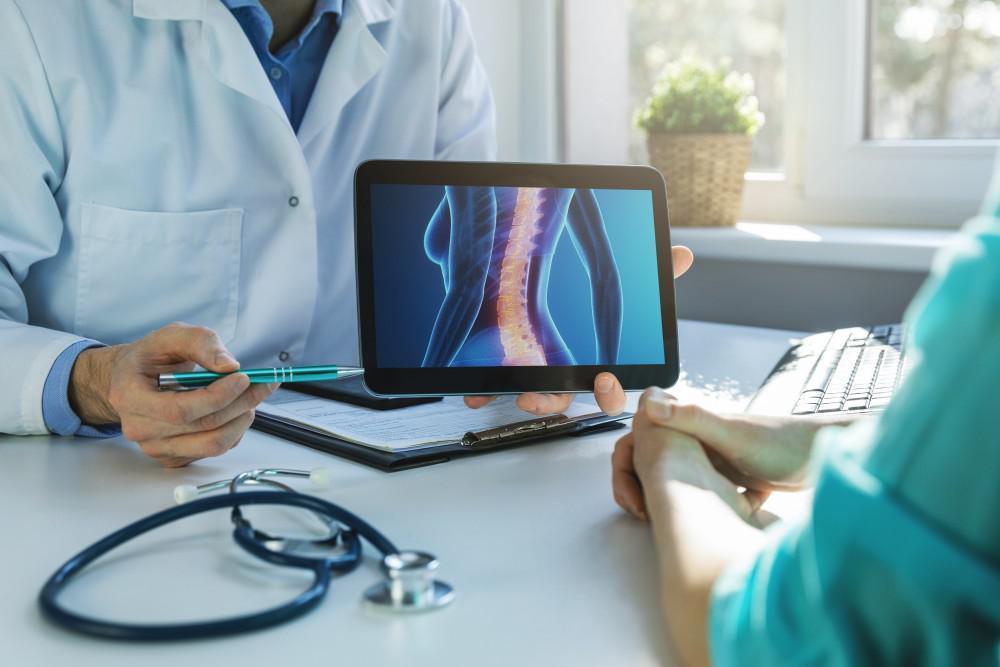Spinal surgery is a safe, effective way to treat chronic back pain that just won’t resolve with nonsurgical approaches.
Yet even though the majority of spinal surgeries have successful outcomes, some patients continue to experience pain or other symptoms long after their procedure. This is sometimes referred to as failed back surgery syndrome or post-surgical spine syndrome.
Persistent pain or other symptoms after the typical recovery period is a major reason for revision back surgery — surgery performed when an initial spine surgery doesn’t provide the expected outcome.
As a top-ranked complex spine neurosurgeon, David Chang, MD, PhD, DABNS, uses advanced surgical techniques for revision surgeries, helping our patients finally find the relief they need for better health.
Here’s a quick overview of the five most common reasons for revision back surgery.
Recurring herniated disc
Some herniated disc surgeries focus on removing the portion of the disc that’s herniated, ruptured, or otherwise damaged, leaving the remaining disc material in place. Sometimes the disc herniates again, leading to a revision surgery.
In these instances, we may recommend replacing the rest of the disc with an artificial disc or fusing the vertebrae.
Fusion failure
Spinal fusion surgery joins together two or more vertebrae in your spine, eliminating painful movement and flexion in that area. Typically, this fusion occurs within a year after a spinal fusion surgery.
Fusion failure happens when the bones in your spine don’t knit together the way they’re supposed to following a spinal fusion surgery.
Anyone can develop a fusion failure (also called pseudoarthrosis), but it tends to be more common among people who use corticosteroids and in surgeries where no additional fusion hardware (like pins or plates) is used.
Adjacent segment disease (ASD)
Also referred to as adjacent segment degeneration, ASD affects the joints that are adjacent to (above or below) the original surgery site.
Researchers aren’t exactly sure why ASD occurs. But they do know that after surgery, these areas may be subjected to extra stress and strain, which in turn could cause damage to the adjacent sections of the spine.
Scar tissue formation
Scar tissue formation is a natural part of the healing process after surgery, and in most cases, the tissue causes no issues.
Sometimes, though, fibrous scar tissue can irritate or bind a nerve root. In these instances, you can have pain in your back or radiating down a leg or arm that doesn’t resolve or improve, even months after your procedure.
Revision surgery removes scar tissue to relieve those symptoms.
Hardware malfunction
Spinal surgery hardware is safe, effective, and dependable. But in rare cases, the hardware may break or malfunction. Other times, implanted hardware may shift position or irritate surrounding tissue, resulting in chronic discomfort.
In these instances, we can remove the damaged or malpositioned hardware and replace it correctly.
Depending on the type of spinal surgery you originally had, it can take several months for symptoms to completely resolve. If you’ve had spinal surgery and you’re still experiencing symptoms months — or years — afterward, spinal revision surgery could help.
To learn more, call our office in Roseville, Minnesota, or book an appointment online to discuss all your treatment options with Dr. Chang.
